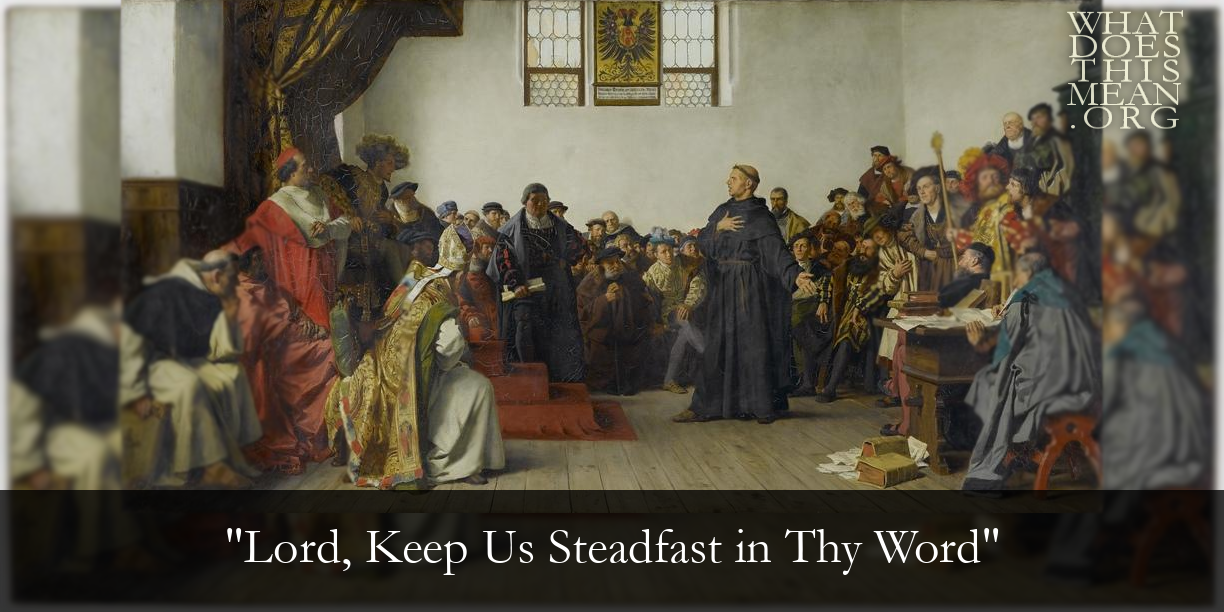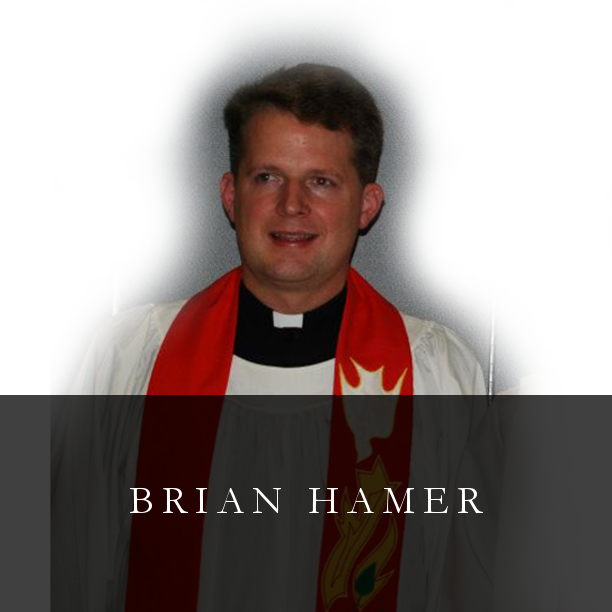Unless I am convinced by the testimony of the Scriptures or by clear reason (for I do not trust either in the pope or in councils alone, since it is well known they have often erred and contradicted themselves), I am bound by the Scriptures I have quoted and my conscience is captive to the Word of God. I cannot and I will not retract anything, since it is neither safe nor right to go against conscience. I cannot do otherwise, here I stand, may God help me. Amen. (Luther’s Works 32:112–13)
Thou art the refuge of the poor,
remedy for afflictions, hope of exiles,
strength of those who labor,
way for the wandering, truth and life.
And now, Redeemer, Lord, in thee alone I take refuge;
thee, true God, I adore, in thee I hope,
in thee I confide, my salvation, O Jesus Christ.
Help me, lest my soul ever sleep in death.
Lord, keep us steadfast in your Word;
curb those who by deceit or sword
would wrest the kingdom from your Son
and bring to naught all he has done.
Lord Jesus Christ, your pow'r make known,
for you are Lord of lords alone;
defend your holy church that we
may sing your praise eternally.
O Comforter of priceless worth,
send peace and unity on earth;
support us in our final strife
and lead us out of death to life. (Lutheran Service Book 655)
For to this you have been called, because Christ also suffered for you, leaving you an example, so that you might follow in his steps. He committed no sin, neither was deceit found in his mouth. When he was reviled, he did not revile in return; when he suffered, he did not threaten, but continued entrusting himself to him who judges justly. He himself bore our sins in his body on the tree, that we might die to sin and live to righteousness. By his wounds you have been healed. For you were straying like sheep, but have now returned to the Shepherd and Overseer of your souls.
(I Peter 2:21–25 [ESV])
Give to our Prince and all authorities
peace and good government
that we under them
may lead a calm and quiet life
in all blessedness and modesty. (Luther’s Liturgical Music, p. 204)



 RSS Feed
RSS Feed
